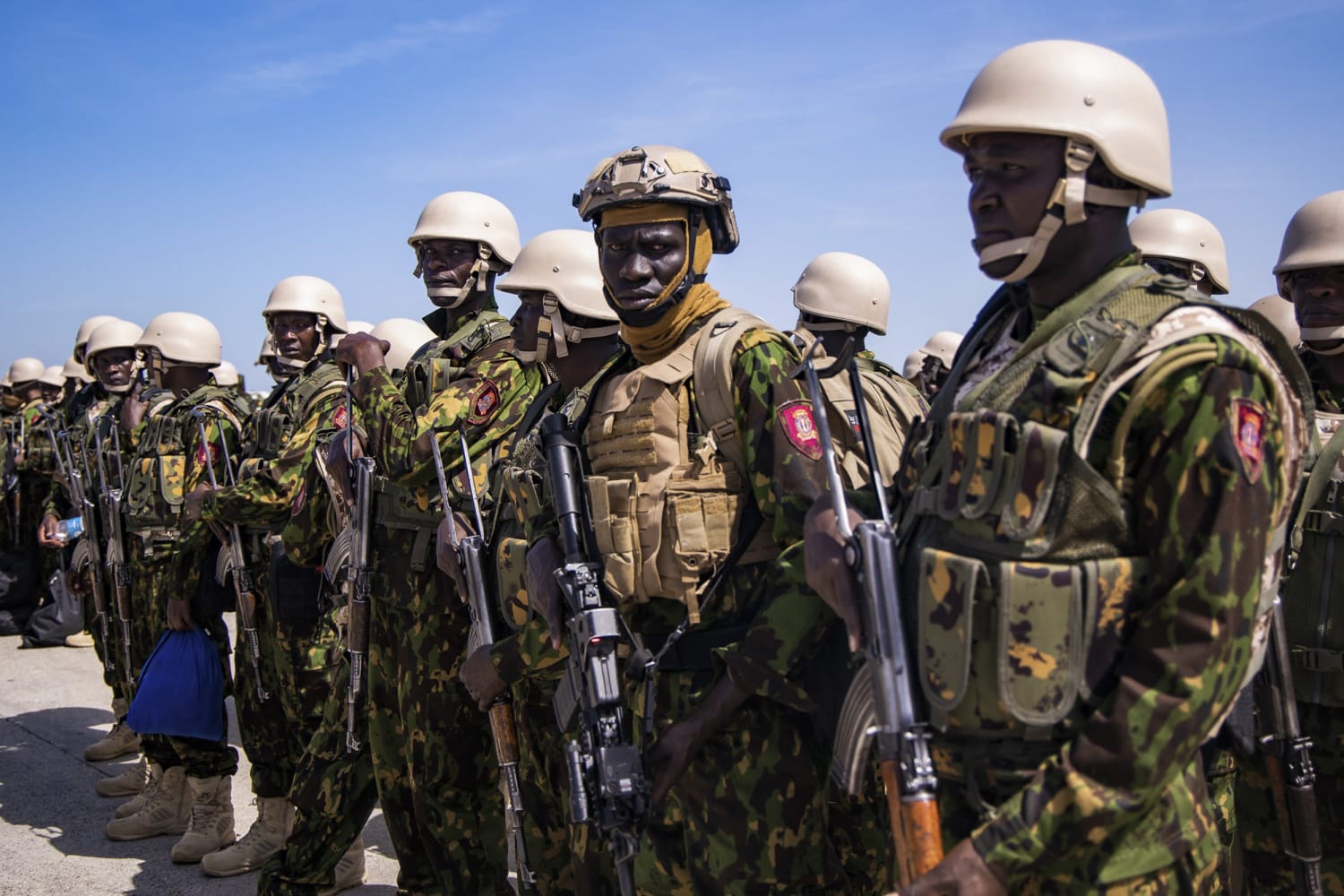
The United States is actively lobbying for the transformation of the Kenya-led multinational force in Haiti into a UN peacekeeping mission. This push comes amidst a surge in gang violence that has crippled the nation, most recently shutting down the capital’s airport.
The US initially proposed a UN peacekeeping force in September to ensure consistent funding for the multinational force, which has been struggling financially. However, the recent escalation of gang activity has intensified the urgency of this proposal.
Despite concerns raised by Russia and China, the US has set a deadline for objections to the draft resolution. The Security Council is scheduled to discuss the situation in Haiti on Wednesday.
The multinational force, currently led by Kenya with contributions from other Caribbean nations, faces significant challenges. It is severely understaffed, with only 430 of the planned 2,500 international police deployed. Kenya has pledged to send an additional 600 troops, but the overall funding remains insufficient.
The UN trust fund, which finances the multinational force, has received only a fraction of the pledged funds. The US has committed $300 million, but the total cost of deploying a 2,500-strong force for a year is estimated at $600 million.
The rise of gang power in Haiti, exacerbated by the 2021 assassination of President Jovenel Moïse, has led to widespread violence, including killings, rapes, and kidnappings. Civilian vigilante groups have emerged in response to the escalating crime.
Haiti’s leaders have formally requested a UN peacekeeping force, and the Organization of American States has expressed support for this initiative. However, the prospect of a new UN peacekeeping mission is met with skepticism by some Haitians due to the negative experiences with past UN interventions, including allegations of sexual abuse and the introduction of cholera.
